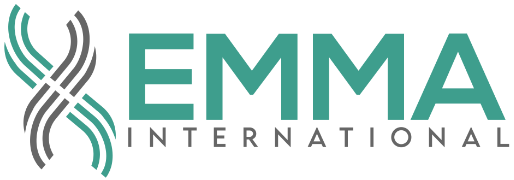At one point or another, you likely took care of a non-conformance within your operations. Non-conformances in quality management are deviations from a specification, standard, or expectation. For example, a primary packaging label with illegible print or an out of specification quality control measurement. Non-conformances apply to both products and processes; non-conformances being a deviation from any component of the Quality Management System (QMS). 21 CFR Part 820, ISO 13485, and/or ISO 9001 outline industry requirements for what’s required in the QMS regarding non-conformance management. What the regulations and standards don’t tell you about is of the human-to-human interactions involved in addressing non-conformances.
The art of addressing non-conformances begins with mindset—focus on problem-solving and being solution oriented. To focus on problem-solving means to start with having a good understanding of the non-conformance. Are you able to answer the 5 W’s (Who, What, Where, When, and HoW) about the event? Interviews are a great tool to gather information, and make sure to be mindful of focusing on the root of the issue and not the symptoms. Furthermore, instead of focusing on the errors of individuals, such as blaming for forgetfulness, inattention, or moral weakness, consider the system approach, which concentrates on the conditions under which individuals work. Try to build system-driven defenses to avert errors or mitigate their effects1.
Further, consider training employees to take initiative on not only fixing an issue, but preventing future occurrences. 21 CFR 820 outlines training requirements for personnel to be aware of device defects that may occur from the improper performance of their specific jobs within the medical device industry. Now, take this a step further by considering this example of a paper company who went from just breaking even to becoming profitable, with earnings per share tripling in 6 years. What was their secret? Every associate at the company became a problem solver. Managers and mill workers alike learned to take initiative to not just identify problems but to also develop better processes for fixing said problems. Further, the company implemented a multiyear learning process in which employees developed problem-solving loops: fix-as-fail, prevention, finding root causes, and anticipation2. All in all, providing the proper training and support to the employees can align mindsets and empower all members of the company towards common goals.
EMMA International’s team of experts can take care of implementing robust and compliant QMS, which encompasses the non-conformance management process. Give us a call at 248-987-4497 or email info@emmainternational.com to learn more!
1Reason J. (2000). Human error: models and management. BMJ (Clinical research ed.), 320(7237), 768– 770. https://doi.org/10.1136/bmj.320.7237.768
2Sirkin, H. L., & Stalk, G. (2015, December 9). Fix the process, not the problem. Harvard Business Review. https://hbr.org/1990/07/fix-the-process-not-the-problem






